The United States said it had offered a “diplomatic path forward” in the standoff with Russia over Ukraine. On Thursday, the Kremlin said it saw little grounds for optimism.
With the ball now back in Moscow’s court, the West was given little immediate sign that Russian President Vladimir Putin would seek to de-escalate tensions and allay fears of a deadly new conflict.
Russia warned it was pessimistic but indicated it would take its time to study the written responses from the U.S. and NATO before deciding how to move forward.
Kremlin spokesperson Dmitry Peskov said there were “few reasons for optimism” after the Western allies made it clear they would not accede to Russia’s key asks, but urged against a rush to conclusions.
Foreign Minister Sergey Lavrov told reporters there was hope for “the start of a serious conversation” but clearly not on the fundamental issues raised by Russia, whose demands amounted to an effort to redraw Europe’s post-Cold War security landscape.
Meanwhile, President Joe Biden was expected to speak Thursday afternoon with Ukrainian President Volodymyr Zelenskyy, White House press secretary Jen Psaki told reporters.
In a series of bold security demands last month, the Kremlin urged NATO to deny membership to Ukraine and other ex-Soviet countries and roll back its military deployments in Central and Eastern Europe. They were issued as Moscow massed forces near its neighbor’s borders and warned of “retaliatory measures” should there be “no constructive response” from the U.S. and its allies. Russia has denied planning any attack.
After Washington delivered its written response on Wednesday, Secretary of State Antony Blinken said there was “no change” in the Biden administration’s position that NATO maintains its open-door policy for countries to join the trans-Atlantic alliance. He did not offer specifics about the response, which he said won’t be released publicly.
NATO also conveyed its written proposals to Russia, NATO Secretary General Jens Stoltenberg said late Wednesday.
Stoltenberg called on Russia to “immediately de-escalate the situation,” but said the alliance was prepared to listen to Russia’s concerns and engage in “a real conversation” on European security.
Former Russian president Dmitry Medvedev took a softer line as he also weighed in on Thursday, saying Russia and the U.S. must engage in diplomacy to avoid war.
Medvedev, a trusted ally of Putin who served as president from 2008-2012, told state news agency Ria that it was “obvious here that the most important and single route is actually to come to agreement on security guarantees.”
Some analysts took the reserved Russian reaction as a positive sign.
“The fact that the Kremlin is not immediately responding with bellicose statements, but says it will study the response is already good news,” said Andrei Kolesnikov, senior fellow and chair of Russian Domestic Politics and Political Institutions Program at Carnegie Moscow Center.
It will now be up to Putin alone to decide how to respond, Kolesnikov told Russia’s TV Rain channel.
“Everything depends on the mood, rationality or irrationality of President Vladimir Putin — whether he wants to start a war or not, whether he will want to keep the stakes high or agree to some meaningful dialogue,” he added.

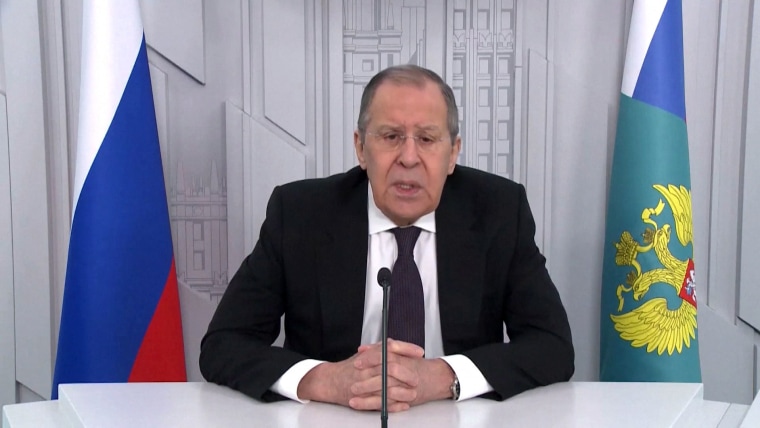
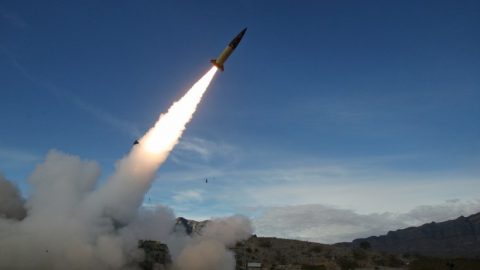
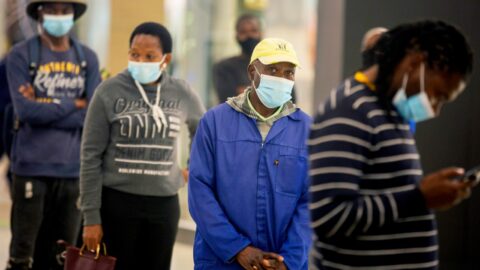
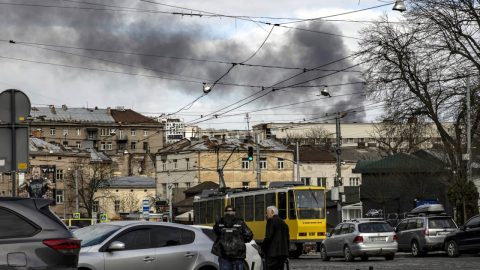

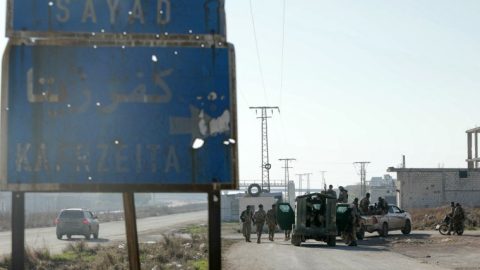
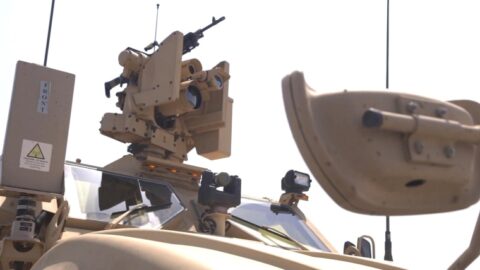
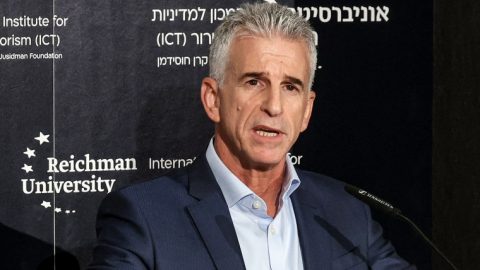

Recent Comments